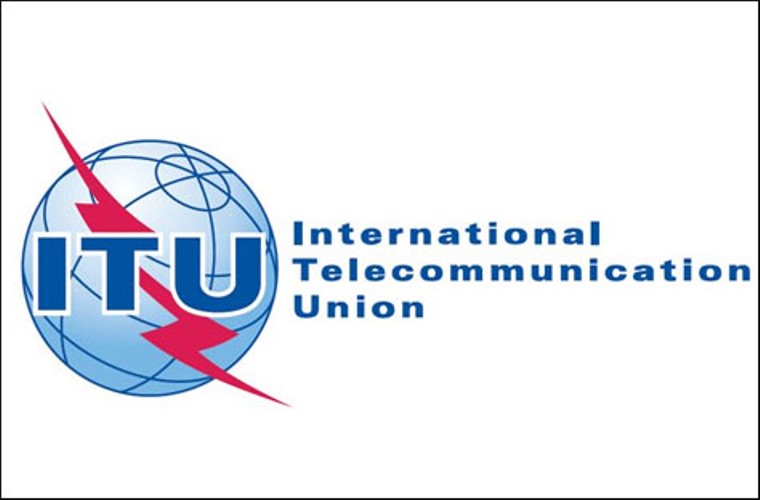The 2021 edition of Digital Skills Insights, released by the International Telecommunication Union (ITU) has highlighted some measures to be taken by countries seeking digital transformation.
The report noted that countries striving for digital transformation need to start with rigorous data and evidence collection, address specific digital skills gaps, and roll out relevant training in parallel with new network infrastructure.
The eight articles in this year’s edition offer a thought-provoking discussion and analysis of the different types of digital skills required in the current and post-pandemic period. They also share key lessons and present concrete examples of digital skills policies, programmes, and initiatives from countries across different regions.
“In this period of continued uncertainty, a collective global effort is needed to ensure that everyone, everywhere, has digital skills and network access,” said Doreen Bogdan-Martin, Director of the ITU Telecommunication Development Bureau.
He argued that these are prerequisites to adjust to a ‘new normal’ and come out stronger, stressing that lack of digital skills and access, in contrast, are barriers that slow down joint efforts and exacerbate an already existing and stark digital divide.
Meanwhile, five key recommendations from this year’s Digital Skills Insights are highlighted below:
– Countries need to collect data and evidence, take stock of current skill levels, and identify local gaps and needs before initiating policy measures or embarking on new initiatives.
– National digital skills frameworks must be adapted to reflect each country’s labour market and skills gaps.
– Digital skills and digital access are interdependent, requiring concurrent implementation of last-mile connectivity, other infrastructure-related measures, and training initiatives.
“Everyone deserves access, not just to digital devices and connectivity, but also to the essential skills and knowledge to thrive in today’s technological world,” said Houlin Zhao, ITU Secretary-General.
“Closing the digital skills gap remains an essential, and increasingly urgent, aspect of establishing universal connectivity. Governments and industry must collaborate to help build and upgrade people’s digital skills in all countries.”
The world has paid more attention to digital skills over the past year, with countries looking closely at supply and demand for key competencies, researchers evaluating the impact of ongoing digital transformation, and policy-makers reviewing current frameworks and designing new interventions to address skills gaps for future requirements at the national level.
The lack of digital skills and access to digital networks slows efforts to re-build safe, healthy and efficient social and working environments and exacerbates the world’s existing, stark digital divide. This year’s Digital Skills Insights 2021 provides expert insights to equip policy-makers and regulators for informed decision-making, encourage further research on the impact of COVID-19 on skills development, and help anticipate rapidly evolving digital skills requirements.

